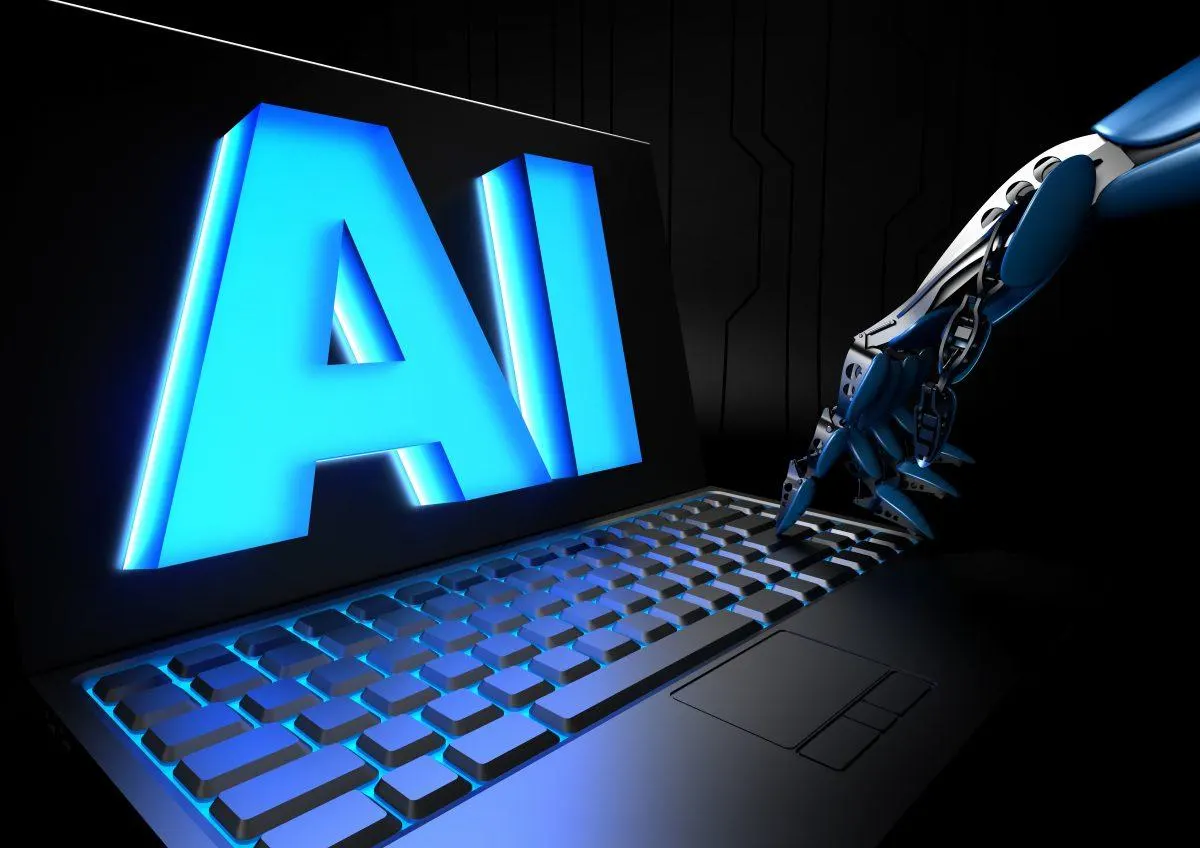Artificial intelligence (AI) is transforming the world around us, and our devices are no exception. Big tech companies are racing to develop and integrate AI into PCs, laptops, and smartphones. This is leading to a new generation of devices that are more intelligent, responsive, and helpful.
AI-powered devices can perform a wide range of tasks, from image recognition and translation to speech recognition and personalization. They can also be used to automate tasks and improve our overall experience with our devices.
The battle to put AI on our devices is still in its early stages, but it is clear that this technology has the potential to revolutionize the way we use our PCs, laptops, and smartphones. In this article, we will explore the latest trends in AI development and how big tech companies are working to put AI on our devices.
Key Highlights:
- Big tech companies are racing to develop and integrate AI into PCs, laptops, and smartphones.
- This is leading to a new generation of devices that are more intelligent, responsive, and helpful.
- AI-powered devices can perform a wide range of tasks, including image recognition, translation, and speech recognition.
- This technology is still in its early stages, but it has the potential to revolutionize the way we use our devices.

Impact of AI on PCs, laptops, and smartphones
AI is having a significant impact on PCs, laptops, and smartphones. Here are just a few examples:
- Image recognition: AI-powered cameras can automatically identify and tag people and objects in photos. This can be useful for organizing and sharing photos, as well as for creating new content, such as photo albums and slideshows.
- Translation: AI-powered translation apps can translate text and speech between languages in real time. This can be helpful for travellers, business people, and students.
- Speech recognition: AI-powered voice assistants can understand and respond to our natural language commands. This can be used to control our devices, access information, and perform tasks without having to type or touch anything.
- Personalization: AI can be used to personalize our experience with our devices. For example, AI-powered recommendations can help us find new content and apps that we might be interested in.
- Automation: AI can be used to automate tasks on our devices. For example, AI-powered spam filters can automatically remove unwanted emails from our inbox.
The future of AI on PCs, laptops, and smartphones:
In the future, AI-powered devices will be even more intelligent and responsive. They will be able to learn our preferences and anticipate our needs. They will also be able to work together seamlessly to provide us with a more integrated and personalized experience.
AI is also likely to play a major role in the development of new devices and applications. For example, AI could be used to develop new types of augmented reality and virtual reality experiences. It could also be used to create new types of assistive technologies for people with disabilities.
Overall, the future of AI on PCs, laptops, and smartphones is very promising. This technology has the potential to make our lives easier, more productive, and more enjoyable.


















